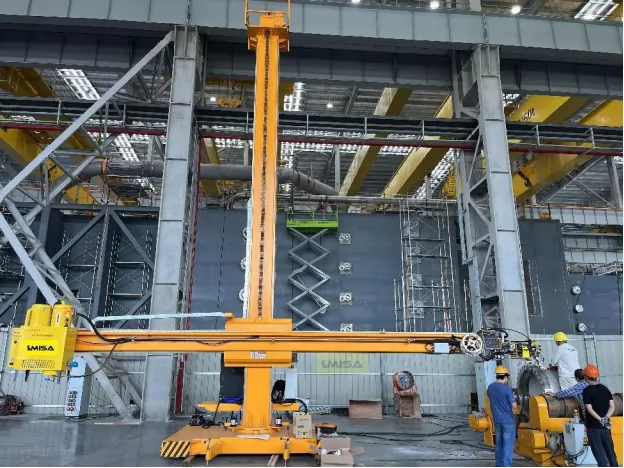


.png)
.png)
.png)


Welding Automation Solutions for Complex Tasks: Positioners, Rotators, and Welding Column and Boom Manipulator
If you are after welding automation solutions for complex tasks using welding positioners, column and boom, and rotators, you’re in the right place! We here at MISA Welding have been China’s top pick when it comes to automated welding solutions.
For more than a decade, we’ve collected some of the industry’s most-prized resources from the best and most efficient materials, the best and most successful engineers and professionals to the best machines!
We’ll take you down a trip to the path of success and give you how automated welding systems are solutions for complex welding and manufacturing projects!
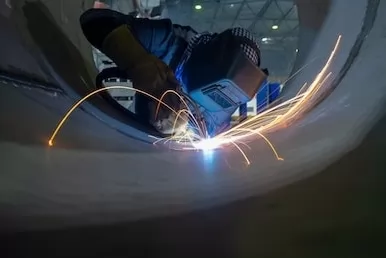
TWI Global, one of the world’s leading entities when it comes to welding and automations (and both), defines welding automation as the use of robots to heighten the performance of welding productivity. Some might look at it as complex, so we took the time to break it all down for you.
Welding automation boosts production efficiency by using robots to perform faster, more accurate welds compared to manual methods. These robots follow a programmed path with precision and speed, minimizing errors and delivering consistent results.”
These are often equipped with sensors, which help in adjusting parameters like speed, direction, angle, changing up the overall quality.
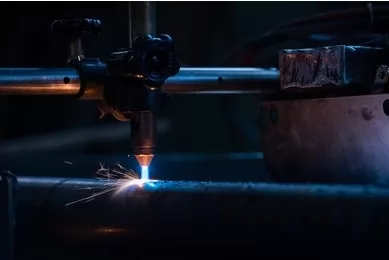
Frankly, I would give a yes and no answer to this question. Let me explain.
I would say that it is considered automation because one side of the variable is automated. For positioners and rotators, the workpiece doesn’t need to be manually tilted and maneuvered – they move on their own.
But with manipulators like column and boom manipulators, on the other hand, the weld peace adjusts to the workpiece. It moves the welding head for the weld to take place.
And frankly, I would say no because alone, they’re not really automated. There still needs to be a person (welder or not) to operate and to make sure that the welding is happening. In reality, automated welding is welding done by machines that have already been pre-programmed.
Welding automation, from the word itself, is when the welding being done is handled by robots and machines and not by people.
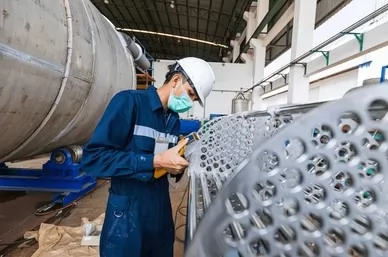
That can be confusing, I know. But, to give you a takeaway, welding automation is where the process is automated. Whether it’s a combination of multiple machines or if it’s something where there is minimal human interaction, it can be considered automated welding.
Now that we’ve gone to that topic, let’s go ahead and discuss the different modes of welding, namely: manual, semi-automatic, and automatic welding.
What’s the difference between these welding types?
Most of you might think – this is easy and simple, it’s actually pretty self-explanatory. When, in reality, this is where a lot of people have the misconception on. So, we’ll bring it to you in the shortest and easiest fashion possible.
Manual welding requires full control from the welder, who manages the arc, heat, and materials by hand. This approach allows flexibility but relies heavily on the operator’s skill.
On the other hand, semi-automatic welding introduces some automation, like a wire feeder, while the welder still controls the arc and other settings. It offers a balance between manual precision and increased efficiency.
Lastly, automatic welding (fully automatic) is fully mechanized, with robots or machines handling the entire process, delivering the highest speed, consistency, and minimal human intervention. Each method serves different needs based on the desired speed, precision, and scale of the project.
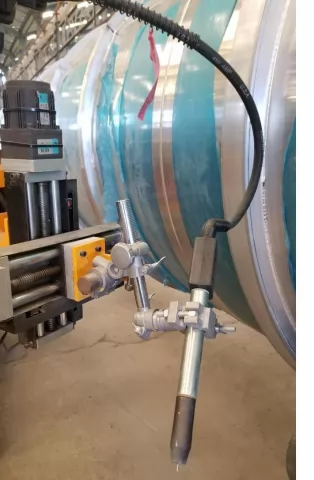
Over the years, manufacturing and welding have been becoming increasingly complex and tougher. From certain projects being impossible to do manually to standards requiring the use of certain safety standards through machines, a lot has changed.
https://youtu.be/nEKJrk1FCXw?si=IgyPrmfOh0jXATel
For the most part, these changes are pointed towards one thing – better and more efficient welding. But what concrete assistance does automated welding give? Does this wave of transformation really give advantages and benefits to projects?
The first problem solved out of a list of many complex problems is material wastage. Errors in manual welding can lead to wasted filler material and defective parts.
Automated welding, known for its precision and repeatability, minimizes mistakes, which reduces the amount of wasted material. This ensures that the resources are used more efficiently during the process, and are often pre-calculated on how they can be used for better efficiency.
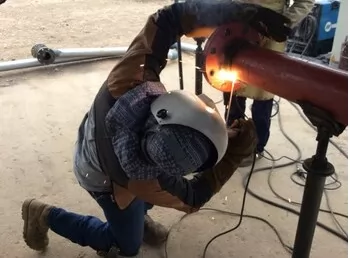
Next up is the issue about labor. Most welding entities often have problems with people not being entirely enough. Automated welding systems help manufacturers overcome labor shortages by supplementing the workforce.
While skilled welders focus on intricate projects, robotic systems handle routine tasks, ensuring production doesn’t suffer from workforce gaps or delays, thus keeping operations running smoothly
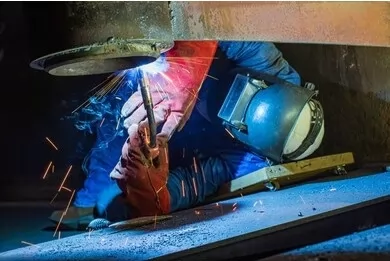
Because manual welding requires specialized labor and raises safety issues about fumes, strong heat, and spark exposure, it can be expensive.
These dangers are greatly decreased by automated welding, which also lowers labor-related expenses such as insurance and accident liability. Letting automation handle the “riskier parts” allow businesses to reduce workplace accidents and related costs.
Of course, we can’t deny the fact that automated welding brings about safer and more secure projects and operations. With automated welding, welders only need to observe at a distance, seldom needing their skill in the process.
This is a two-part benefit: it ensures that the welder is kept safe and guarantees that the final product is not touched by human hands, keeping accuracy and precision at the top of the priority.
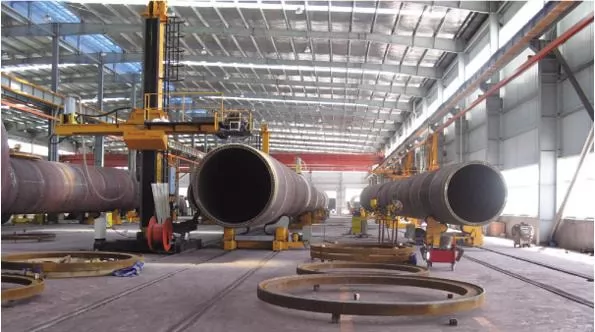
And last but most definitely not least is that it increases productivity. Robotic welding operates continuously without requiring breaks, unlike human welders.
This uninterrupted workflow increases productivity, especially during difficult and complex situations like high-volume production. With fewer errors and no downtime, businesses can enhance output and meet demanding schedules more efficiently.
MISA Welding has been one of the keys when it comes to automated welding systems. From developing high-quality welding machines and systems to offering substantial solutions to complex problems, our team is reliable on that.
Our business has been focused on the development of better, newer, more efficient, and more productive welding systems. MISA Welding has been on the forefront of the industry, thanks to the never-ending flow of positive feedback through quality products and excellent customer service.
So, whatever business industry you are in and wherever you are, you can count on us and our team of experts here at MISA welding! Get with us today and get a free quotation!
